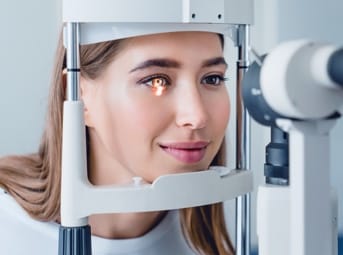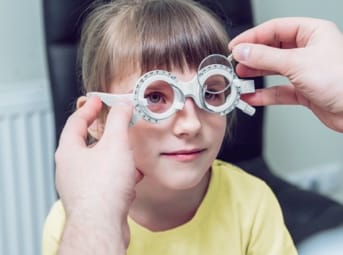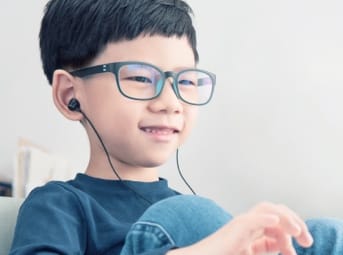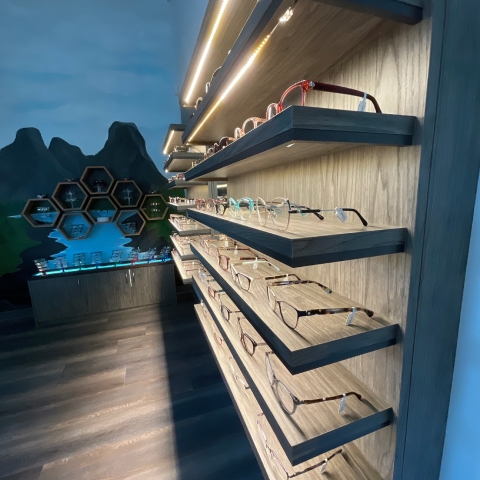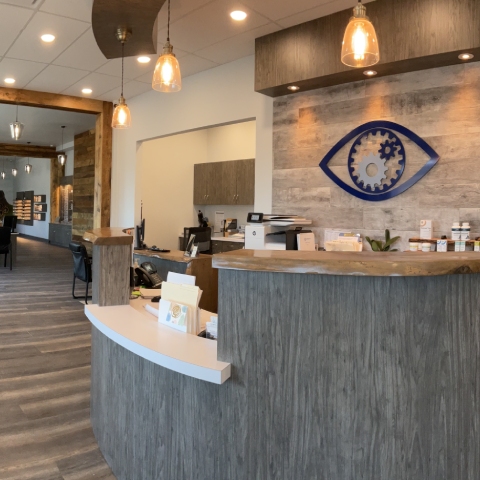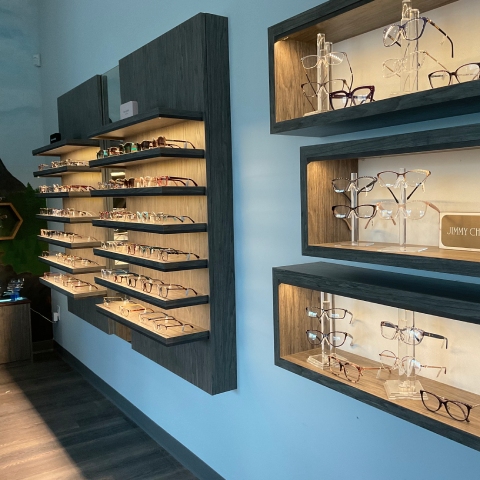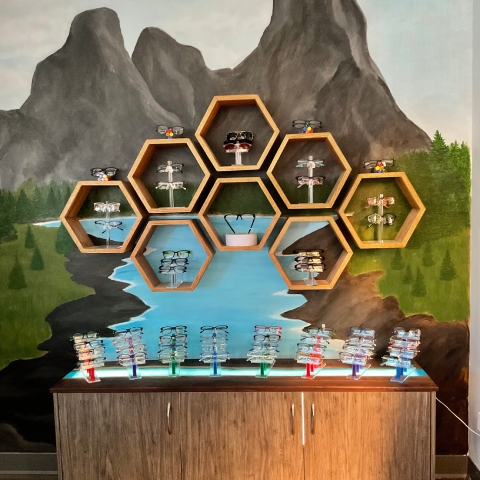Learning Through Sight
Children use their eyes every day to take in their surroundings, learn visual societal cues, and learn their school lessons.
If your child is experiencing difficulty learning, their vision could be holding them back from achieving their potential. Children who have vision problems are sometimes misdiagnosed with conditions like ADHD because they show a short attention span for work that requires up-close visual skills.
Make sure your child is set for success by bringing them in for regular eye exams. If they’re having difficulty learning in school or at home, it’s important to have an optometrist look at their eyes.
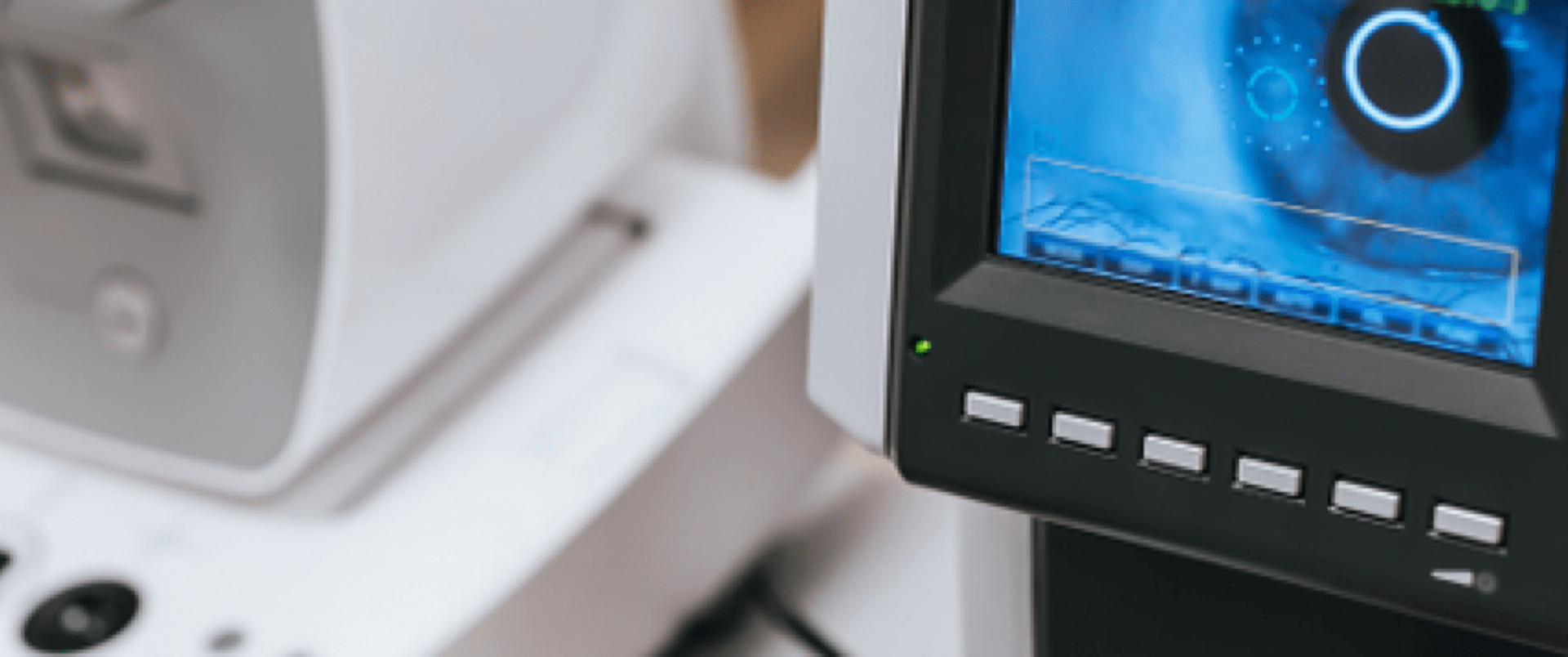
The Behaviours of Learning-Related Vision Issues
Children who experience learning-related vision issues may act in a way that could be misdiagnosed as behavioural problems.
Behaviours that could relate to learning-related vision issues:
- Your child is not reaching their full potential in school
- Your child has clear vision but has headaches during or after reading
- Your child avoids reading and up-close activities like writing
- Your child is a slower reader than their classmates
- Your child complains about skipping lines or seeing words mixed up on the page
- Your child is disruptive in class or has difficulty focusing and concentrating
- Your child is hyperactive, talkative, or interrupting teachers
- Your child frequently reverses or confuses letters or numbers
- Your child has poor body awareness and coordination
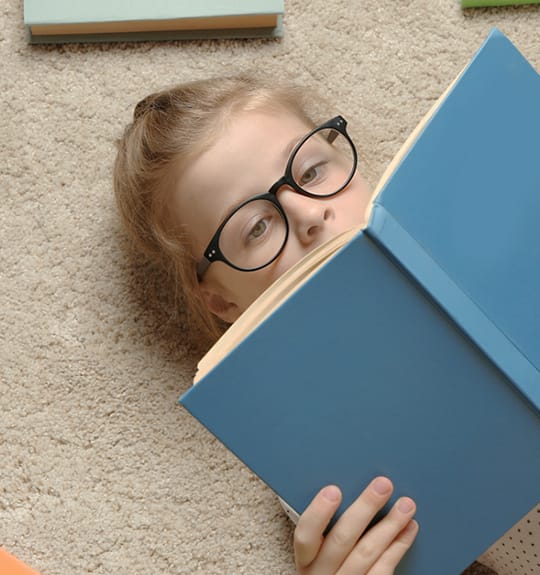
Types of Learning-Related Vision Issues
There are different types of learning-related vision issues that may become noticeable during childhood. Your optometrist can help diagnose and treat problems to help your child succeed.
Accommodative Dysfunction
Our eyes automatically focus where we need them to. This makes it seamless for us to see distance and up close. But sometimes, our eyes won’t focus fast enough from a distance to up-close vision, or we can’t maintain focus for very long. This is called accommodative dysfunction.
Poor Coordination
We hear the term hand-eye coordination quite often, but visual coordination affects the entire body. Poor body coordination and control can impact a child’s ability to learn through physical methods, like recreational participation and sports. Poor visual coordination can make children seem accident-prone or clumsy.
Visual Perception
Our brains interpret information from our eyes and help us understand what we see. If there’s an issue with the way the brain and the eyes communicate, it can result in learning and reading difficulties. The size, shape, and form of objects and words can become disorganized, making it difficult to identify differences in objects.
Vergence Dysfunction
Ocular Motor Skills
Ocular motor skills allow for smooth and quick eye movements where the eyes move in the same direction. They are used for tracking words when reading, for fluid handwriting, and for “keeping your eye on the ball”. Ocular motor skills are required to help with spelling, writing, mathematical concepts, reading speed, and reading comprehension.
See Lessons Clearly
Eye exams are the best way to determine if a child needs assistance with learning-related visual difficulties. Children may have trouble describing visual issues they’re experiencing because they don’t have anything to compare it to or may not know how to express their experiences.
Come see one of our friendly optometrists at Beyond 2020 Optometry. They can diagnose and treat learning-related visual issues and give your child the vision they require for learning at school and in recreation.
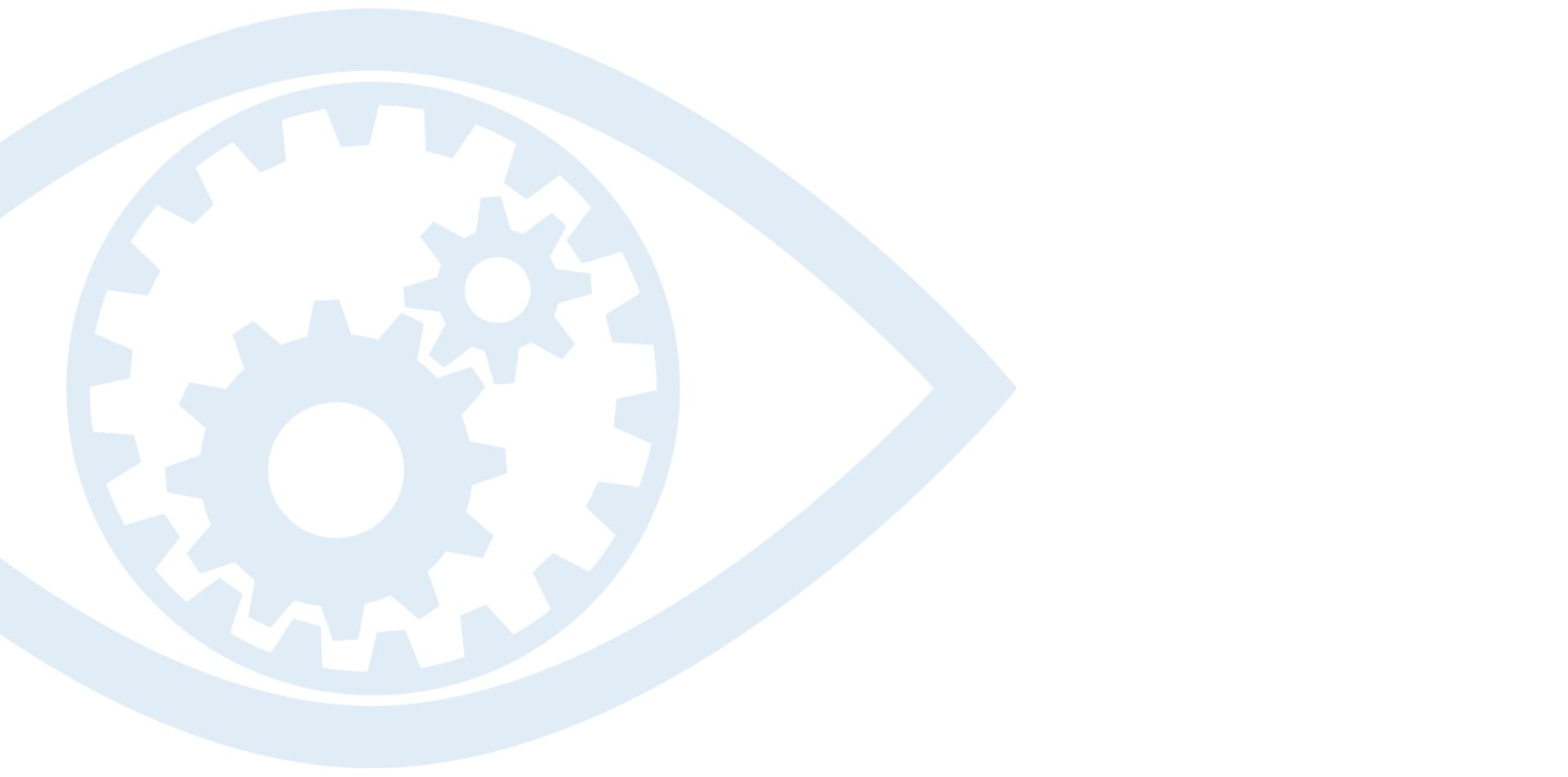
Visit Us
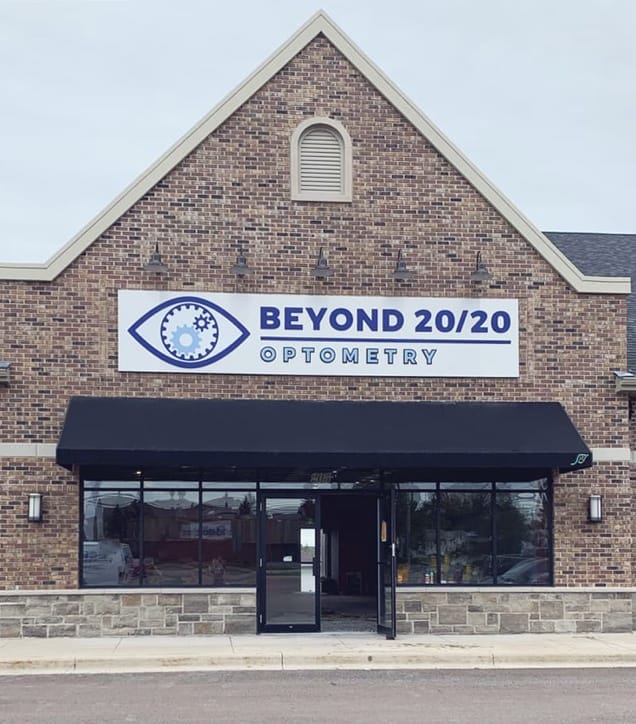
Our Address
- 1688 Mountain Rd. – Unit 205
- Moncton, NB E1G 1A6
Contact Information
- Phone: (506) 858-2020
- Email: [email protected]
Hours of Operation
- Monday: 10:00 AM – 5:00 PM
- Tuesday: 9:00 AM – 5:00 PM
- Wednesday: 11:00 AM – 7:00 PM
- Thursday: 11:00 AM – 7:00 PM
- Friday: 9:00 AM – 5:00 PM
- Saturday: CLOSED
- Sunday: CLOSED



